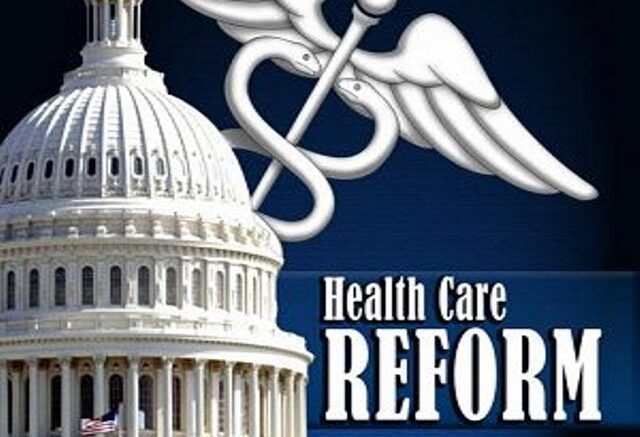Insurance denials for essential medical procedures are a growing concern, leaving patients stuck with unexpected bills or delayed care. The U.S. government can tackle this issue with practical, patient-focused reforms. By enforcing laws, regulating insurers, and exploring public healthcare options, we can prioritize care over profit. Let’s dive into how the government can make “coverage” a reality for all.
Strengthening Coverage Through Law Enforcement
The Emergency Medical Treatment and Labor Act EMTALA ensures hospitals provide emergency care regardless of insurance status. Yet, some insurers, like Anthem Blue Cross/Blue Shield, have tried denying claims based on final diagnoses. The government can boost coverage by increasing penalties for EMTALA violations and banning retrospective denials. This ensures patients aren’t stranded and footing the bill for emergencies. Additionally, the Affordable Care Act (ACA) requires transparency in claim denials. By mandating stricter reporting and thorough public audits, as suggested by recent studies, the government can hold insurers accountable and improve coverage.

New Rules
The government could cap claim denial rates, which currently average 17% KFF. A lower cap would push insurers to approve more claims. Clear, federally set standards for “medical necessity” based on medical guidelines would also limit insurers’ ability to deny coverage arbitrarily. Banning retrospective denials entirely, focusing on initial symptoms, would further protect patients. These changes would make coverage more reliable and fair.
Reforming Insurance Coverage
Insurers often use Artificial Intelligence (Ai), like those from EviCore, to increase denials The Regulatory Review. The government can regulate these tools, requiring transparency and human oversight for high-stakes decisions. Offering tax breaks or reduced regulations for insurers with low denial rates could incentivize a better response to patient needs. This shifts the focus from profit to patient care, ensuring coverage isn’t just a promise but a reality.

Empowering Patients Access
Streamlining the appeals process for denied claims is critical. Simplified forms, legal assistance, and faster reviews would make it easier for patients to secure coverage. Public campaigns educating people about their rights under EMTALA and the ACA would empower them to fight denials. This ensures patients can access the coverage they’re entitled to without unnecessary hurdles.
Trump Administration’s Efforts on Coverage
The Trump administration has prioritized price transparency, requiring hospitals and insurers to disclose costs upfront. It’s also pushed to end surprise billing and protect pre-existing conditions, though specific actions on denials remain limited, with a focus on deregulation. Trump has also proposed that pharmaceutical Companies move their operations to the U.S. He has emphasized Negotiated drug prices to help lower the cost of medication for everyone. White House.
A Better Path
By enforcing laws, regulating insurers, expanding public options, and empowering patients, the government can stop insurance denials that harm patients. These steps require bold action but promise a healthcare system where coverage means care, not corporate profit. Patients deserve a system that puts their health first.


